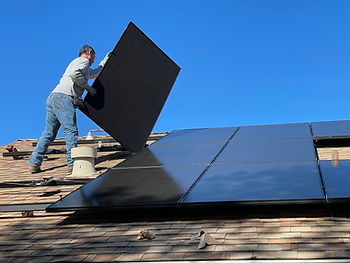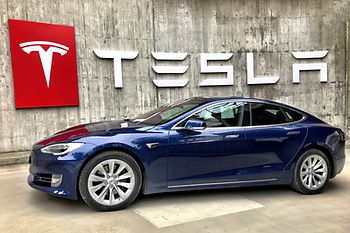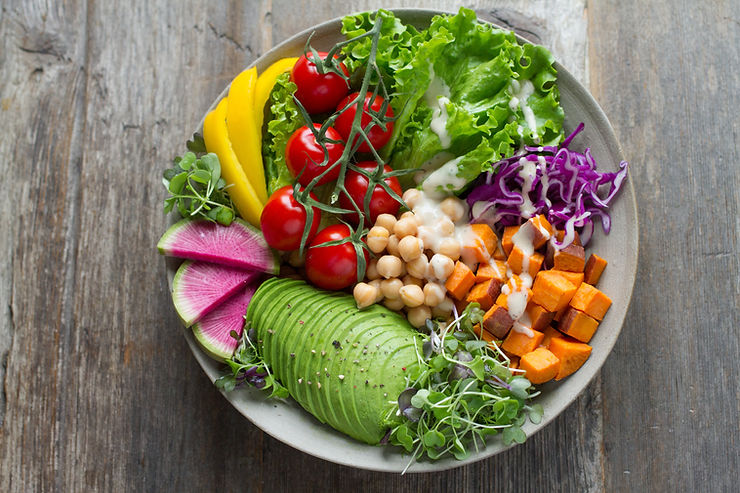Last week we explored some of the smaller steps individuals can take to help reduce their carbon footprint and help preserve our planet. Today we are going to look at the pricier, but ultimately most effective, options. The three largest culprits in terms of carbon emissions are: energy, transportation, and animal agriculture. Truly effective strategies in these areas to create widespread and large scale change need to come at a government level, but that doesn’t mean that individuals, particularly individuals with means, can’t make the choice to contribute.

Renewable Energy
According to Wikipedia, “renewable energy is energy that is collected from renewable resources that are naturally replenished on a human timescale. It includes sources such as sunlight, wind, rain, tides, waves, and geothermal heat.” The four types of renewable energy include hydropower, solar, wind, and geothermal. Three of these options require vast infrastructure in the form of dams, windmills, and power plants to generate. Individuals can put solar panels on their roofs, but this is a solution best-suited to areas that receive ample sun exposure like Southern California. The main drawbacks to solar energy is that panels cannot store electricity which means that any electricity generated that remains unused has to go back into the grid and that your panels will have zero output and night or in cloudy weather. Solar energy is direct current and must be converted for alternating current appliances. However, federal tax credits and reduced energy pulled off the grid will lower your monthly electrical payments, and could eliminate them altogether.

Electric Cars
No one is under any illusion that electric cars are the be-all and end-all solution to all our environmental problems caused by transportation (lithium mining and battery disposal create their own issues), but they do reduce gas consumption which will save you time and money at the pump and endow you with a lesser carbon footprint than traditional cars. Unless you have to trek hundreds of miles in your car at a time (the longest range vehicle in production at this time is the Tesla-S for the bargain price of $82K) or unless you need a pickup truck to do double duty for work, electric cars can plug into your home and are 60% cleaner than the average gas-guzzling vehicle.

Plant-based Diet
Animal agriculture has multiple grotesque effects on the environment. Deforestation for grazing destroys tress which, along with phytoplankton, are part of the lungs of the earth due to their oxygen-producing capabilities. Not only that, but toxic runoff from slaughterhouses coupled with methane gas produced by livestock from farting and pooping contributes to the carbon problem. Runoff also poisons the land and the methane gas creates air pollution. Lastly, nitrogen-based fertilizer production, which is critical for agriculture as a whole because putting nitrogen in the soil prevents famines, creates carbon as a byproduct. Growing feed for livestock requires tons of fertilizer, thus increasing our carbon output even more. The solution? Eating vegan. Not only is it healthier and happier (you are saving animals from the misery of being stacked in cages and you are preventing human rights abuses that occur frequently to slaughterhouse workers), but you are also helping save the planet. And no, eating plant-based doesn’t mean reducing yourself to a diet of barley and mung beans. The cornucopia of fruits, vegetables, nuts, seeds, grains, and legumes available to you offers many interesting and tasty combinations. Top chefs from Matthew Kenney to Alice Waters, Thomas Keller and Daniel Humm are now opening all vegan or mostly plant-based restaurants. A new top selling plant-based cookbook comes out each year. Farmers markets carry amazing fresh produce so you don’t have to sacrifice taste. Even if you can’t bear giving up animal products completely, think about going Meatless for Mondays or reducing your consumption to a few meals a week.
Next week we will close out or series on sustainability and trying to reduce your carbon footprint. PopUP CleanUP strives to reduce waste and emphasizes green cleaning for the events and commercial properties we serve.



